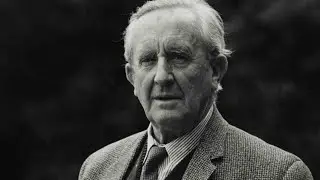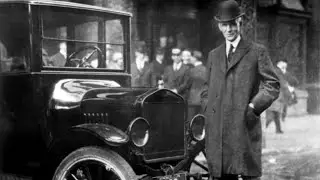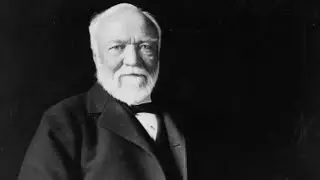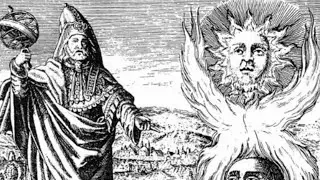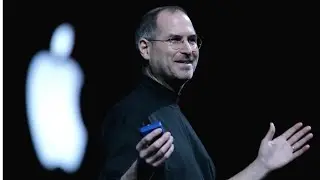The Man Who Proved Time Is an Illusion: Michel Siffre’s Groundbreaking Discovery
What if everything you thought about time was wrong? In 1962, a French scientist named Michel Siffre descended into a dark, icy cave in the Alps, leaving behind sunlight, clocks, and calendars. His mission? To uncover how humans perceive time when completely isolated from external cues. What he discovered was astonishing: time, as we know it, might be an illusion.
This groundbreaking experiment not only reshaped our understanding of time but also laid the foundation for modern chronobiology. Siffre’s journey into the depths of isolation revealed the surprising ways our internal clocks—our circadian rhythms—tick when removed from the outside world. But the story doesn’t end there. Michel Siffre’s repeated experiments in the decades that followed uncovered even deeper insights into how humans are biologically wired to experience time.
Join us as we delve into Michel Siffre’s extraordinary experiments, the challenges he faced while living in absolute isolation, and how his discoveries continue to influence science today. From astronauts preparing for life in space to understanding sleep disorders, his work has had far-reaching impacts.
What This Video Covers
The Man Behind the Experiment: Michel Siffre
Introduction to Michel Siffre: a visionary geologist and scientist.
The inspiration behind his bold isolation experiment in 1962.
The Cave Experiment: Testing Human Perception of Time
Details of Siffre’s first experiment: spending two months alone in a dark cave.
How he lived without clocks, sunlight, or external time indicators.
The shocking discovery that his internal sense of time didn’t match the real world—he thought fewer days had passed than actually did.
The Science of Time: Circadian Rhythms Unveiled
How Siffre’s experiments proved humans have an internal biological clock.
The link between circadian rhythms and mental health, productivity, and sleep.
Why humans may be naturally attuned to a longer “day” than 24 hours.
Later Experiments and Their Implications
Siffre’s return to isolation in Texas caves in the 1970s and the additional discoveries he made.
The physical and psychological toll of isolation.
How his work influenced space exploration, especially for astronauts on long missions.
Time as an Illusion: What Does This Mean?
Philosophical implications of Siffre’s work: Is time real, or is it just a construct of human perception?
How our perception of time can change under stress, isolation, or altered mental states.
Modern experiments that build upon Siffre’s findings.
Practical Applications of Siffre’s Discoveries
Understanding and treating sleep disorders.
Designing work schedules that align with natural circadian rhythms.
Implications for deep-space travel and colonizing other planets.
Why This Topic Matters
Michel Siffre’s work challenges our most basic assumptions about time and our connection to the universe. By venturing into total isolation, he helped reveal the delicate mechanisms that govern human life. His discoveries are not only fascinating but also deeply relevant in today’s world, where disrupted sleep patterns and a 24/7 lifestyle wreak havoc on our health.
Who Should Watch This Video?
Fans of science, psychology, and groundbreaking discoveries.
Students and researchers interested in chronobiology and time perception.
Viewers intrigued by experiments that test the limits of human endurance.
Philosophically curious individuals who question the nature of time.
Call to Action
👉 Fascinated by time and how humans perceive it? LIKE, SHARE, and SUBSCRIBE to @CryptoStoicInsights for more incredible stories blending science, history, and philosophy!
🔔 Hit the notification bell so you don’t miss our next mind-bending exploration.
Engage with Us
What do you think: is time a real phenomenon, or just a human construct? Would you be able to survive weeks in isolation like Michel Siffre? Let us know your thoughts in the comments below!
Conclusion
Michel Siffre’s experiments went beyond proving that time is subjective—they opened a window into the hidden workings of our minds and bodies. His courage and curiosity continue to inspire scientists and thinkers across the globe. Dive into this incredible story to learn how one man changed the way we perceive time forever!

![[NRA 2019] NEW Beretta 92X Performance Pistol](https://images.videosashka.com/watch/SpWSjue_8G4)








